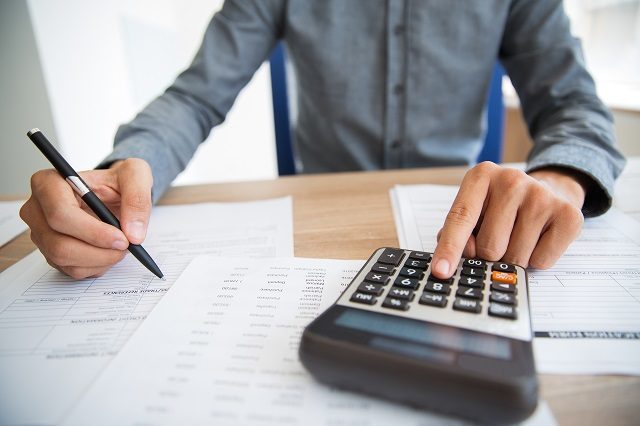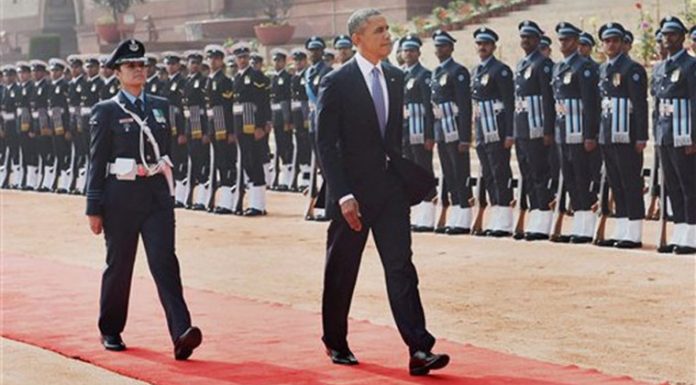When Benjamin Franklin, one of the men who drafted the Constitution of the United States of America, had completed the task, he wrote to his friend, Jean-Baptiste Leroy in a latter, that, “Our new constitution is now established, and has an appearance that promises permanency; but in this world nothing can be said to be certain, except death and taxes.”
It was not the first use of the phrase, having been used before in an essay by Daniel Defoe, but it is certainly the most memorable illustration of the inevitability and irrevocability of tax in our lives. And while it is unknown whether the members of our own Constituent Assembly spoke of taxes in such erudite terms, it is still true that Income Tax is a reality for much of middle-class India.
Not as much as you might think, though. According to a report published in the Economic Times on February 2, 2017, only about 1.9% of Indians pay Income-Tax. The requirement to pay Income Tax for those who are required to, however are quite onerous.

When it comes to paying Income Tax, there are two ways in which this happens:
Tax Deducted at Source
This is tax deducted by the person making a payment to you. It could be the salary from your employer, payment from a client / customer / tenant, or from your Bank as interest on your Fixed deposit. This is reduced from the amount paid to you and is supposed to be deposited by them with the Income-Tax Department. The responsibility for timely deposit of TDS amount rests with the deductor and the assesse is not responsible for the delay, however it is important that you monitor your Form 26AS to ensure that the timely deposit is being made. This can be done by visiting the income tax website at https://contents.tdscpc.gov.in/en/efilling.html
If you are the person responsible for making the deduction (if you own an entity in which you are paying salaries, for example), you must ensure that you deposit this tax before the cut-off date for each month.
Advance Tax
This is tax that you are required to pay yourself if the amount of tax payable at the end of the year (after taking TDS into account) is likely to exceed Rs 10,000/-. As the name implies, it is to be paid before the filing of the return, indeed it is a ‘pay as you earn’ system. Advance Tax is to be paid on or before September 15th, December 15th and March 15th of every year for the income earned upto that date and is supposed to cover 30%, 60% and 90% of your total tax liability. Generally speaking this is important for professionals and businesspersons, as they are not subject to TDS, or TDS is deducted at a lower rate than their final tax slab. Similarly, if you are salaried but earn significant income from other sources like Bank interest, it is a good idea to monitor whether your tax liability is likely to exceed these limits. This is very important because if you do not pay your Advance Tax in a timely manner, you are liable to pay additional interest at the end of the year when you file your Income-Tax returns.
Self-Assessment Tax
This is the tax that you pay when filing your Income-Tax Returns and represents the outstanding amount after accounting for TDS and Advance Tax payments made throughout the year. It has to be paid before filing of the return, or else the department will assess tax on your and send a demand with a penalty and interest.
In summary, every assesse has a responsibility to pay his or her taxes in a timely fashion as prescribed by the Income-Tax Act, 1961. Non-payment of these dues leads to imposition of additional interest and / or penalty, and let’s face it why would you want to pay even more than your obligatory tax bill? We strongly recommend every assesse takes professional assistance from a tax expert to determine and pay their Income Tax Liability in a timely manner.































